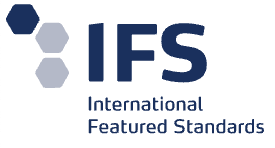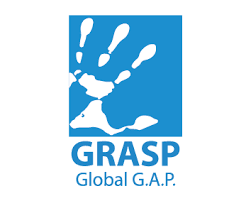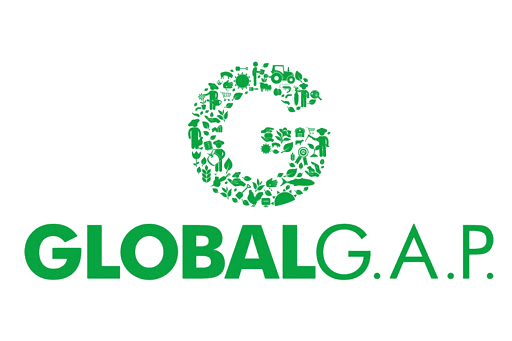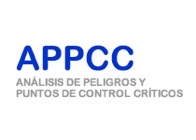It is the set of agricultural plant breeding systems that make the most of natural resources and production mechanisms and ensure long-term sustainable agriculture, and introduce biological control methods, chemicals and other techniques that match the requirements of society, the protection of the environment and agricultural productivity, as well as the operations carried out to handle, package, transform and label plant products covered by the system
Unlike organic farming, integrated production uses, together with biological control methods, agrochemicals (fertilizer, pesticides) with certain restrictions. The objectives are to respect the environment, sustainability and to offer certain guarantees of quality and health to consumers.
+ information





